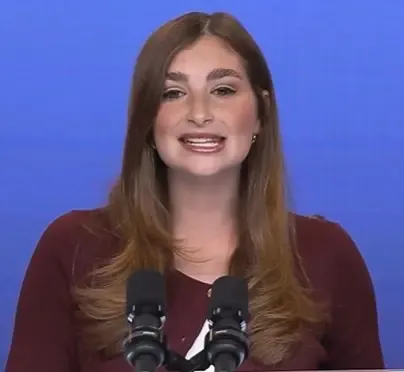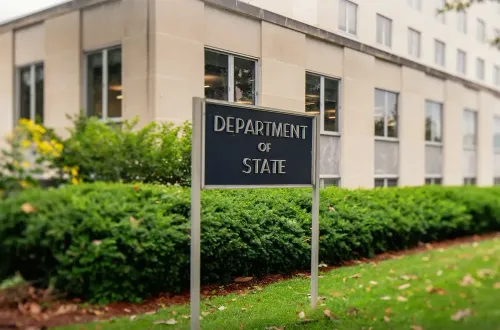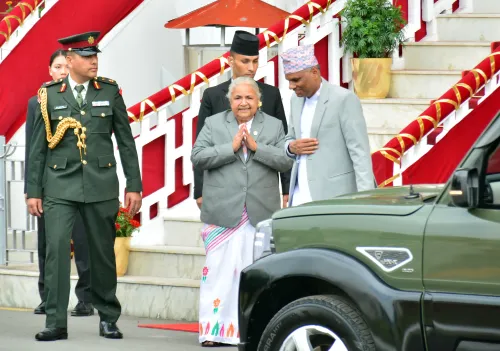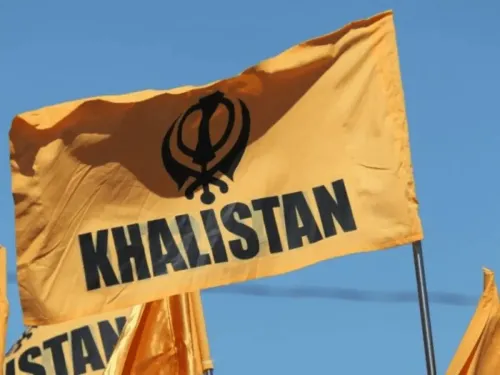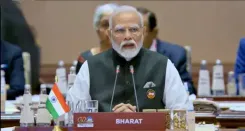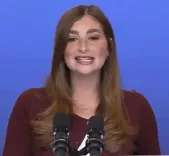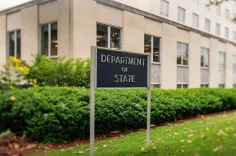Will NATO's Defence Spending Surge Really Impact Russia's Security?
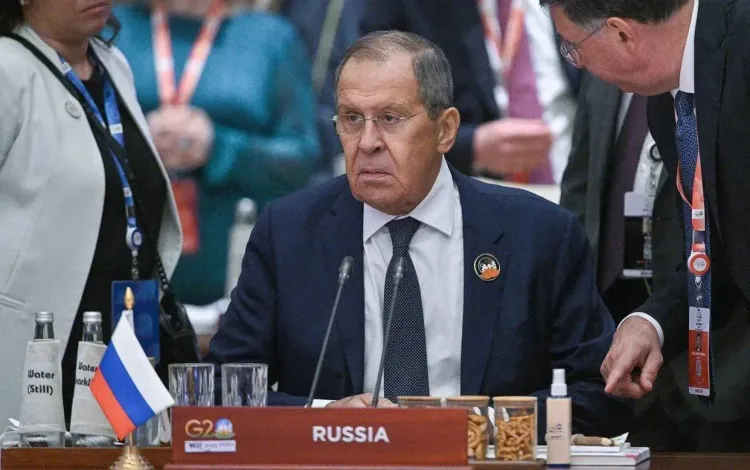
Synopsis
Key Takeaways
- The NATO summit concluded with a commitment to increase defense spending.
- Russia perceives this increase as insignificant to its security.
- The spending increase will be divided into core defense and related areas.
- US President Trump highlighted historical US contributions to NATO.
- Spain is currently not meeting its full NATO spending commitment.
Moscow, June 26 (NationPress) The ambition to elevate the military budget of the North Atlantic Treaty Organization (NATO) will not have a notable effect on Russia's security, according to Russian Foreign Minister Sergei Lavrov on Thursday.
"I don't believe it will have any significant impact," Lavrov stated during a press conference, addressing the implications of NATO member nations' objective to boost defense expenditures to 5% of their gross domestic product by 2035.
At the conclusion of a two-day summit on Wednesday, NATO leaders issued a brief joint declaration committing to an annual defense spending increase to reach 5% of GDP by 2035.
The five-paragraph statement released post-summit in The Hague specified that the new spending goal will be divided into two primary categories: 3.5% for core defense and 1.5% for associated areas, including critical infrastructure, networks, and defense industrial capabilities.
The plan will be reassessed in 2029, considering the strategic landscape and updated capability targets, as per the document.
US President Donald Trump praised the agreement during a press conference following the summit, emphasizing that Washington has historically shouldered more than its fair share of the alliance's defense responsibilities.
However, he specifically criticized Spain, stating it was the only country falling short of its full commitment, according to a report from Xinhua news agency.
Trump noted that the United States is in discussions for a trade deal with Spain and cautioned that Madrid could face trade measures that make it "pay twice as much."
Spain has agreed with NATO to confine its military expenditure to 2.1% of GDP, as announced by Spanish Prime Minister Pedro Sanchez on Sunday, prior to the NATO summit.

